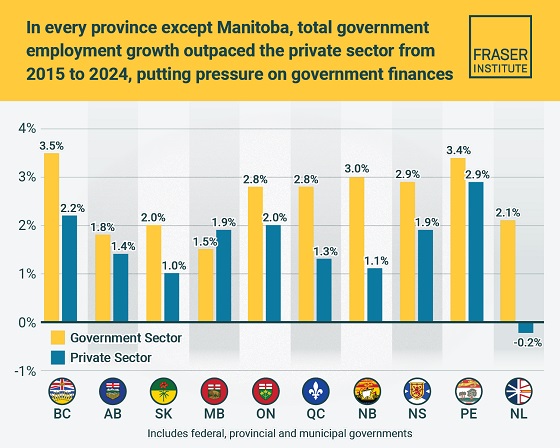From The Center Square
President Joe Biden issued a series of high-profile pardons Monday, citing a commitment to protecting public servants from politically motivated threats and prosecutions.
The decision extends clemency to former Chairman of the Joint Chiefs of Staff General Mark Milley, former Chief Medical Advisor Dr. Anthony Fauci, members and staff of the House January 6 Select Committee and law enforcement officers who testified before the panel.
“These public servants have served our nation with honor and distinction and do not deserve to be the targets of unjustified and politically motivated prosecutions,” Biden said in a statement.
The recipients have all faced criticism, mostly from Republican leadership, for their actions over the past four years.
Dr. Fauci, who served under both President Trump and Biden, became a central figure in the fight against COVID-19, welcomed the pardon, calling the allegations against him “politically motivated” and “baseless.” He noted that such threats had caused significant distress to him and his family. When testifying before a House subcommittee in June, Fauci said he regularly received death threats.
Fauci has been questioned by critics over his handling of the pandemic and has been accused of covering up the true origins of the virus, recklessly shutting down U.S. schools and businesses, inadequately addressing vaccine hesitancy or the concerns surrounding rapid vaccine development.
The pardon also shields those involved with the January 6 Select Committee, which investigated the Capitol attack in 2021. The committee has faced criticism from Republican lawmakers, including a detailed report from Rep. Barry Loudermilk, R-Ga., who has accused it of bias and mismanagement. In the report, Loudermilk called for investigations into the committee’s work, singling out former Vice Chair Liz Cheney.
General Milley, who retired in 2023, faced criticism from political opponents, including former President Donald Trump. Milley accused Trump of treason over calls to a Chinese general during the transition period following the 2020 election. Milley has denied any wrongdoing and framed his actions as efforts to ensure stability.
The president defended the pardons as necessary to prevent the erosion of democratic norms.
“Baseless investigations wreak havoc on the lives, safety, and financial security of targeted individuals and their families,” Biden said. “Even when individuals have done nothing wrong … the mere fact of being investigated or prosecuted can irreparably damage reputations and finances.”
Sen. Eric Schmitt, R-Mo., condemned the decision and labeled Biden “one of the worst presidents in American history” and accused him of undermining constitutional norms.
The pardons also come as former President Donald Trump has pledged to pardon those convicted for their roles in the January 6 attack if he returns to the White House.
Trump plans to issue a slate of pardons on his first day in office for those he believes were unjustly prosecuted, including “most” convicted Jan. 6 protesters during his first minutes in the White House.
Trump pledged throughout his campaign that he would pardon some people convicted of crimes during the Jan. 6, 2021, attack on the U.S. Capitol.
“It’s going to start in the first hour,” Trump previously said. “Maybe the first nine minutes.”


















